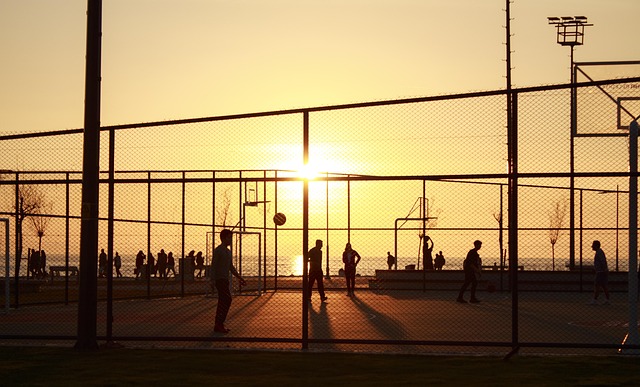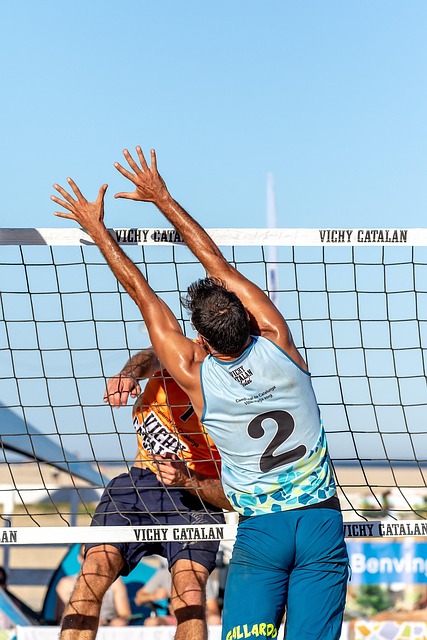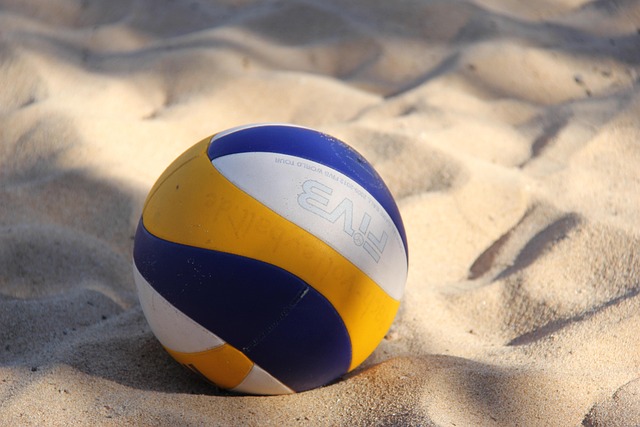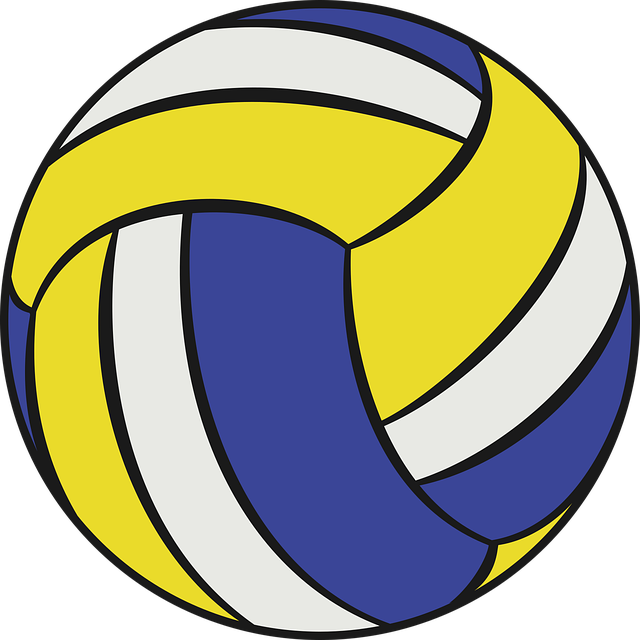Assessing the Ducks volleyball team's capabilities is vital for success in NCAA volleyball tournaments. This involves identifying strengths (e.g., powerful serving, agile defense) and weaknesses (e.g., passing accuracy, block coordination). A robust pre-season training routine incorporating strength, agility, and endurance exercises enhances performance and competitiveness. Key defensive tactics like digging, blocking, and serving receives are refined to improve overall team performance. Offensive strategies, including spiking techniques, setting patterns, and rotation fluidity, are sharpened for high-pressure matches. Mental preparation through visualisation and team bonding boosts confidence and resilience. Final practices emphasize skill refinement, peak performance, injury prevention, and proper nutrition for demanding NCAA volleyball tournaments.
As the season kicks off, the Ducks volleyball team enters a crucial pre-season preparation phase, setting the stage for success in the competitive NCAA volleyball tournaments. This comprehensive guide delves into the essential aspects of training, strategy, and mental fortitude that will empower the Ducks to dominate their opponents. From assessing team dynamics to refining tactical skills, each element plays a vital role in crafting a formidable squad capable of making a profound impact on the court.
- Assessing the Team's Strengths and Weaknesses: Identifying Key Areas for Improvement
- Building a Robust Training Routine: Incorporating Strength, Agility, and Endurance Exercises
- Refining Defensive Tactics: Focus on Digging, Blocking, and Serving Receives
- Offensive Strategy Session: Working on Spiking Techniques, Setting Patterns, and Rotation Fluidity
- Mental Preparation: Visualisation, Team Bonding, and Managing Pre-Tournament Nerves
- Final Touches: Game Simulations, Injury Prevention, and Nutrition for Peak Performance
Assessing the Team's Strengths and Weaknesses: Identifying Key Areas for Improvement

Assessing a team’s capabilities is paramount in preparing for any competitive season, especially in the rigorous environment of NCAA volleyball tournaments. For the Ducks volleyball squad, this process involves meticulously scrutinizing both their strengths and weaknesses. By identifying key areas where they excel, such as powerful serving or agile defensive play, coaches can build on these foundations to create a formidable team strategy. Conversely, understanding weaker aspects like consistent passing accuracy or block coordination allows for targeted practice sessions aimed at fostering improvement in these critical areas.
This evaluation process isn’t merely about pinpointing problems; it’s a tool to guide strategic enhancements. Coaches can design tailored drills to bolster underperforming areas while refining the strengths that give the Ducks an edge on the court. This proactive approach ensures the team enters the NCAA volleyball tournaments well-rounded and competitive, ready to face any challenge that arises during the intense tournament schedule.
Building a Robust Training Routine: Incorporating Strength, Agility, and Endurance Exercises
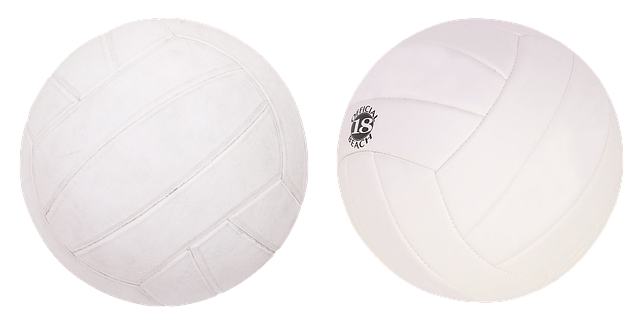
Building a robust training routine is essential for pre-season preparation, especially for teams aiming to excel in the competitive landscape of the NCAA volleyball tournaments. Incorporating strength, agility, and endurance exercises into their regimen can significantly enhance players’ performance and resilience. Strength training, focusing on key muscle groups, improves spiking power and defensive stability. Agility drills, such as quick direction changes and footwork exercises, foster better court coverage and enable players to react swiftly during matches.
Endurance exercises, including cardio workouts and interval training, are vital for maintaining stamina throughout the match’s intense rallies. These exercises prepare athletes to handle the physical demands of NCAA tournaments, where consistent performance over multiple games is crucial. By integrating these diverse training components, Ducks volleyball teams can build a well-rounded foundation that translates to improved on-court success and increased competitiveness in the highly regarded NCAA volleyball events.
Refining Defensive Tactics: Focus on Digging, Blocking, and Serving Receives
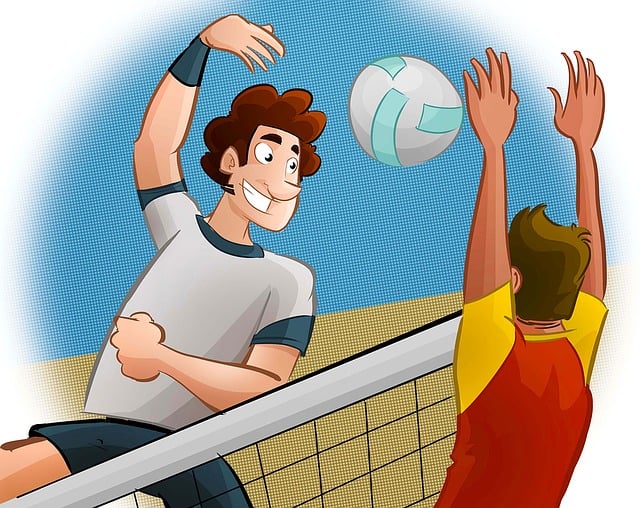
As the Ducks volleyball team gears up for the NCAA volleyball tournaments, refining defensive tactics is paramount. The focus during pre-season preparation should be on three key areas: digging, blocking, and serving receives. A strong defense is the backbone of any successful volleyball team, and these aspects are no exception.
Effective digging allows the team to rescue balls that otherwise would go down, giving them another chance to set up an attack. Precise blocking prevents opponents from scoring easy points at the net. And efficient serving receives lay the groundwork for a strong transition game, ensuring the Ducks start each rally on solid footing. By honing these skills, the team enhances its overall performance and increases its chances of advancement in the NCAA volleyball tournaments.
Offensive Strategy Session: Working on Spiking Techniques, Setting Patterns, and Rotation Fluidity
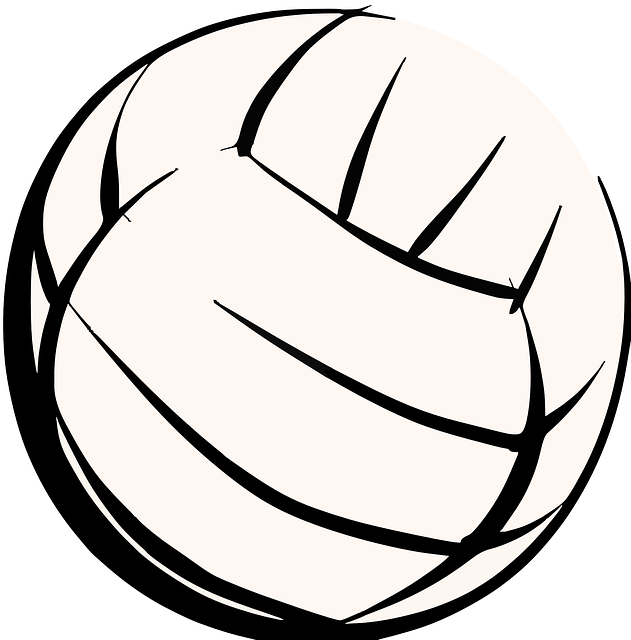
The Ducks volleyball team’s pre-season preparation is a meticulous process, with each practice session tailored to sharpen their skills for the upcoming NCAA volleyball tournaments. One key focus area is the offensive strategy, particularly refining spiking techniques. Coaches emphasize proper footwork, timing, and angle to ensure powerful and accurate attacks that can dominate opposing teams.
Additionally, setting patterns and rotation fluidity are crucial elements being honed. Players practice precise setting techniques, aiming to create opportunities for both quick sets and complex plays. The team works on seamless rotations, ensuring each player is in the right position at the right time. This coordination enhances their offensive flow, allowing them to execute strategies with precision and speed, which will be vital during high-pressure matches in the NCAA volleyball tournaments.
Mental Preparation: Visualisation, Team Bonding, and Managing Pre-Tournament Nerves

Mental preparation is a vital aspect of successful performance in the high-pressure environment of NCAA volleyball tournaments. Teams that excel often employ powerful visualisation techniques, where players mentally rehearse game scenarios, honing their focus and anticipation. This mental rehearsal not only builds confidence but also enhances reaction time, enabling athletes to perform at their best under competition stress.
Beyond individual skills, team bonding plays a significant role in overcoming pre-tournament jitters. Through shared experiences, camaraderie, and group discussions, teams create a supportive atmosphere that fosters trust and unity. These connections prove invaluable during intense matches, as players draw strength from one another, reducing performance-hindering nerves and promoting collective resilience.
Final Touches: Game Simulations, Injury Prevention, and Nutrition for Peak Performance

As the season finale approaches, the Ducks volleyball team enters their final preparation phase with a focus on refining skills and ensuring peak performance. One key aspect is incorporating game simulations into their practice routine. These sessions allow players to experience match-like pressure, enhancing their ability to execute plays under intense conditions. Coaches utilize these simulations to refine strategies, assess individual strengths, and identify areas for improvement before the NCAA volleyball tournaments.
Injury prevention is another critical component of pre-season preparation. The team employs various methods, such as targeted strength training, flexible stretching routines, and specialized conditioning exercises, to fortify muscles, reduce the risk of strains, and ensure players remain in top form throughout the competitive season. Proper nutrition also plays a significant role in supporting athletic recovery, enhancing energy levels, and optimizing overall performance, particularly during the demanding schedule of NCAA volleyball tournaments.

